South Texas spice is a distinctive regional seasoning blend characterized by earthy depth rather than intense heat, originating from cattle ranching traditions and cross-border cultural exchange in South Texas. Unlike commercial blends, authentic South Texas spice developed when vaqueros combined Mexican chili techniques with available frontier ingredients during cattle drives, creating a dry-rub focused profile optimized for open-fire cooking. This guide delivers actionable insights for creating dishes that honor South Texas culinary heritage while adapting to modern kitchens.
Table of Contents
- What Exactly is South Texas Spice?
- Flavor Profile & Common Ingredients
- How to Use It in Your Kitchen (Like a Local)
- DIY South Texas Spice Mix Recipe
- Top 5 Dishes to Cook with South Texas Spice
- Storage Tips for Maximum Freshness
- Safety & Handling Like a Pro
- Spice Comparison Chart: South Texas vs Other Regional Blends
- Frequently Asked Questions
- Conclusion: Bring the Heat Home
What Exactly is South Texas Spice?
South Texas spice represents a unique culinary tradition born from practical frontier cooking needs rather than formal recipes. Unlike generic 'Tex-Mex' seasonings found in stores, authentic South Texas spice developed organically when ranch hands (vaqueros) adapted available ingredients to preserve and enhance meat during cattle drives. This created a dry-rub focused profile designed for open-fire cooking where moisture was scarce and flavor penetration mattered most.
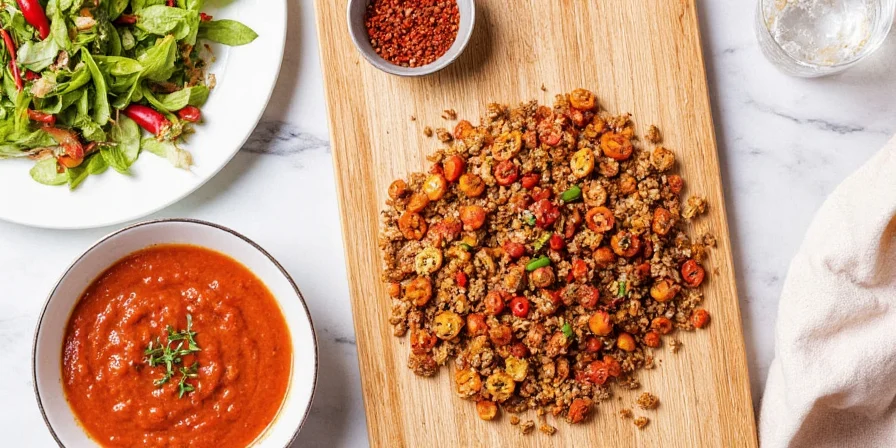
Critical distinction: Traditional South Texas spice prioritizes earthy depth over burn. The blend's evolution reflects South Texas' cultural identity—less about strict Mexican authenticity and more about resourceful adaptation to local conditions. Contemporary home cooks now leverage this foundation for versatile applications while preserving heritage techniques.
Flavor Profile & Common Ingredients
Authentic South Texas spice achieves harmony through three key elements: mild smokiness from roasted peppers, deep earthiness from properly prepared cumin, and subtle fruitiness from quality ancho chili. Unlike commercial blends, traditional preparation involves specific techniques that maximize flavor development while minimizing bitterness.
| Ingredient | Flavor Role | Traditional Preparation |
|---|---|---|
| Ancho Chili Powder | Rich, raisin-like fruitiness | Dry-toasted briefly before grinding for deeper flavor |
| Cumin | Deep earthiness | Whole seeds toasted until fragrant before grinding |
| Smoked Paprika | Subtle smokiness | Added after other spices to preserve flavor compounds |
| Coriander | Floral balance | Freshly cracked for citrus notes |
| Garlic | Savory depth | Garlic granules preferred over powder for stability |
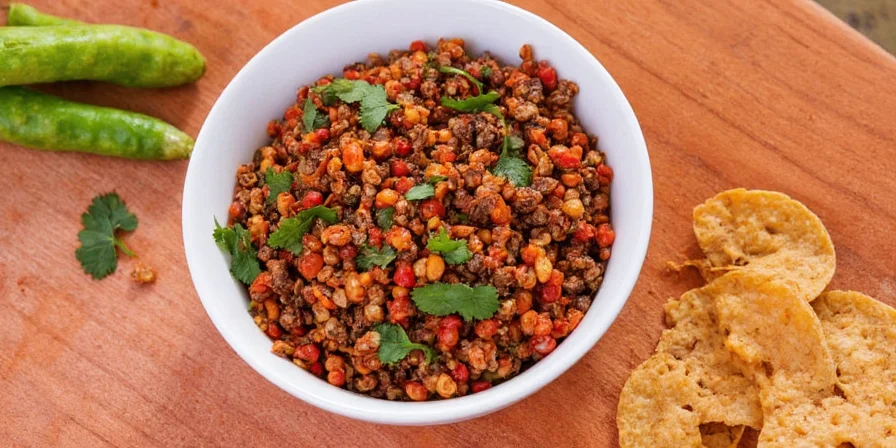
How to Use It in Your Kitchen (Like a Local)
Traditional South Texas technique emphasizes proper timing and application method over simple measurement:
- Rub Timing: Apply to meats 12-24 hours before cooking for optimal flavor development
- Bean Integration: Bloom spices in small amount of cooking liquid before adding to beans
- Smoked Paprika Preservation: Stir in smoked paprika toward the end of cooking
- Vegetable Technique: Toss vegetables in oil-spice mixture before roasting
- Modern Application: Blend with yogurt for air-fryer coatings that crisp without burning
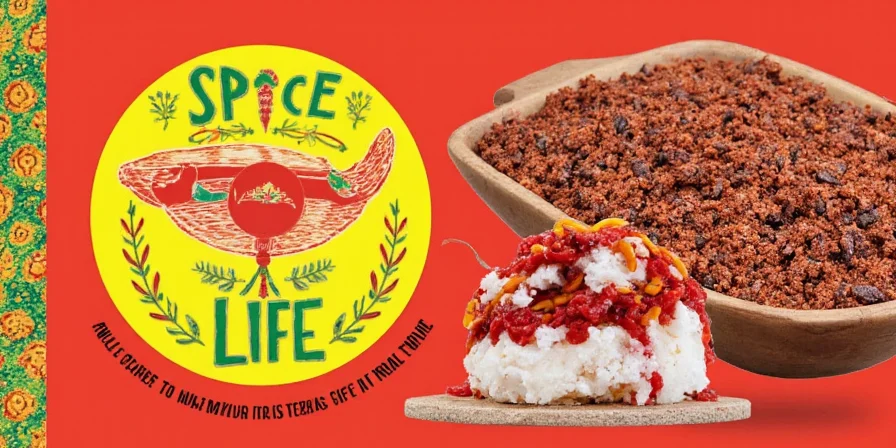
Authentic South Texas Spice Mix Recipe
This traditional recipe balances authentic preparation with modern kitchen practicality. The key difference from commercial blends is proper toasting technique.
Ingredients
- 2 tbsp ancho chili powder
- 1 tbsp cumin seeds
- 1 tbsp smoked paprika
- 1 tsp garlic granules
- 1 tsp coriander seeds
- 1/4 tsp cayenne pepper
- 1 tsp unrefined sea salt
Step-by-Step Preparation
- Dry-toast cumin and coriander seeds separately over medium-low heat until fragrant
- Grind toasted seeds with garlic granules and salt to fine consistency
- Mix ancho powder into ground spices
- Fold in smoked paprika and cayenne last to preserve flavor
Pro Tip: Proper toasting technique makes the biggest difference—cumin should be toasted just until fragrant (about 30 seconds), not until darkened, which creates bitterness.
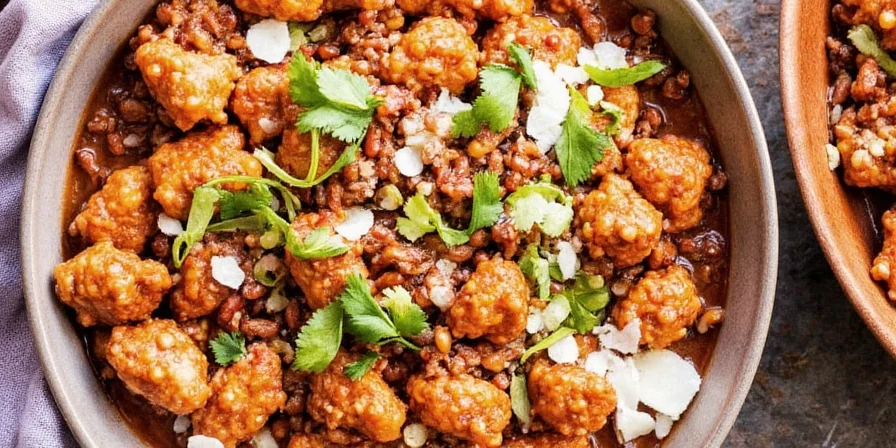
Top 5 Traditional Dishes for South Texas Spice
These dishes showcase authentic South Texas cooking techniques often missed in mainstream recipes:
- Beanless Chili Con Carne: Slow-cooked beef chunks with fire-roasted tomatoes—traditional South Texas style excludes beans
- Carne Guisada: Diced beef stewed with potatoes and onions using spice bloomed in cooking liquid
- Spice-Rubbed Grilled Pineapple: Local adaptation where fruit's enzymes caramelize spice sugars
- Barbacoa-Style Short Ribs: Slow-cooked with spice paste for tender, flavorful results
- Chili-Infused Cornbread: Spice folded into batter after cooling to preserve flavor
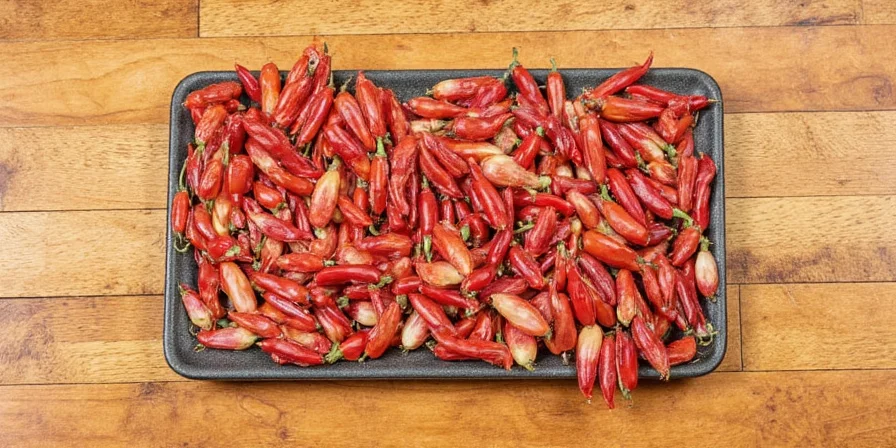
Storage Tips for Maximum Freshness
Proper storage maintains South Texas spice quality:
- Air-tight Containers: Store in glass jars with tight-fitting lids
- Cool, Dark Place: Keep away from heat sources and direct light
- Batch Sizing: Prepare only 1-2 month quantities for best flavor
- Whole Seeds: Store unground components separately for longest shelf life
- Labeling: Mark preparation date to track freshness
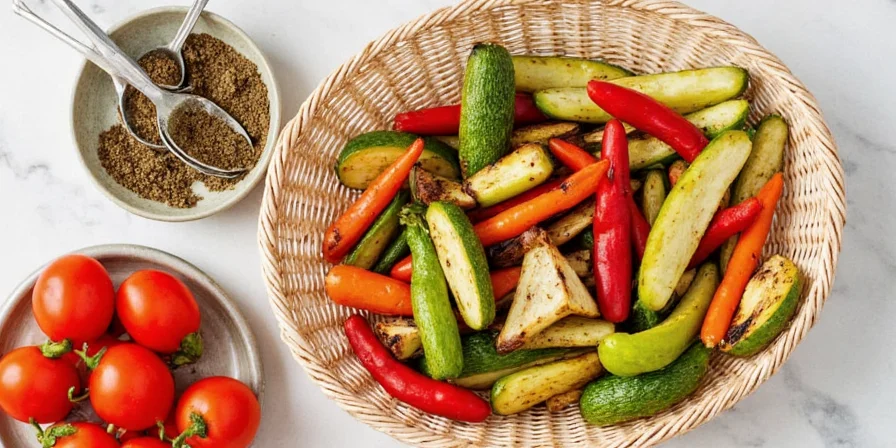
Safety & Handling Best Practices
Traditional spice preparation involves considerations often overlooked:
- Proper Ventilation: Use in well-ventilated area when toasting spices
- Gradual Heat: Toast spices over medium-low heat to prevent burning
- Moisture Control: Keep spices dry during storage to prevent clumping
- Allergy Awareness: Verify ingredients if preparing for others
- Gradual Addition: Add spice gradually when cooking to control flavor
Spice Comparison: South Texas vs Other Regional Blends
| Spice Region | Core Characteristic | Heat Profile | Traditional Use |
|---|---|---|---|
| South Texas | Earthiness over burn | Subtle, integrated warmth | Dry rubs for meats |
| New Mexico | Pepper variety showcase | Immediate upfront heat | Red and green chile sauces |
| Louisiana | Herbal complexity | Layered progression | Cajun/Creole cooking |
| Mexico City | Balanced mole complexity | Background note | Mole sauces and stews |
| West Texas | Robust simplicity | Direct heat | BBQ rubs and chili |
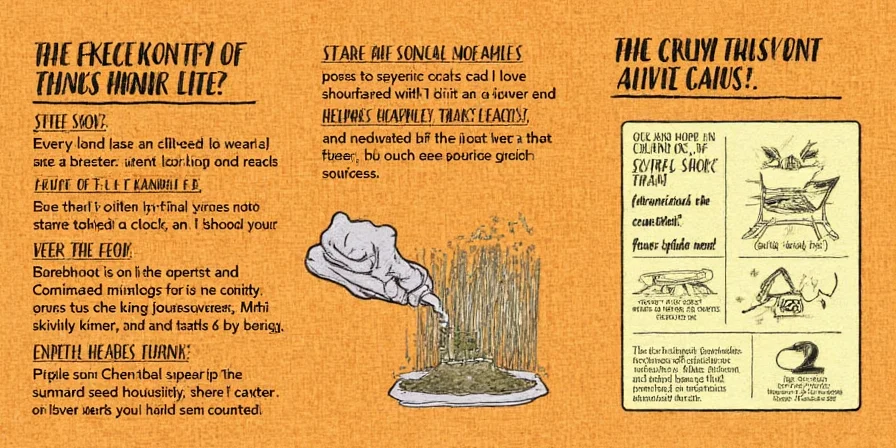
Frequently Asked Questions
What makes South Texas spice different from regular taco seasoning?
South Texas spice focuses on earthy depth from properly prepared cumin and ancho chili rather than intense heat. Traditional versions omit ingredients common in commercial taco seasonings like oregano and excessive cayenne, creating a more subtle, complex flavor profile designed specifically for South Texas cooking traditions.
Why doesn't authentic South Texas spice include oregano?
Traditional South Texas spice evolved from cattle trail cooking where dried oregano spoiled quickly. The blend prioritizes shelf-stable ingredients that withstand frontier conditions—unlike Mexican cuisine which uses fresh oregano. Modern commercial versions sometimes add oregano, but it's not authentic to the regional style.
Can I substitute chipotle for ancho in this blend?
Chipotle creates a fundamentally different profile—smoky but with vinegar-like acidity that overwhelms South Texas spice's earthy balance. For authentic results, use only ancho. If unavailable, blend pasilla (60%) with mulato (40%) as the closest flavor match.
How long does homemade South Texas spice last?
Properly stored in an air-tight container away from light and heat, homemade South Texas spice maintains peak flavor for 2-3 months. Whole spices stored separately last 6-12 months. The biggest flavor degradation comes from improper storage rather than time alone.
Does South Texas spice work in vegetarian cooking?
Absolutely. The earthy profile complements vegetables and plant-based proteins well. For bean dishes, bloom spice in oil first to prevent beany aftertastes. The blend's depth enhances vegetable-based dishes when applied using traditional timing techniques.
Conclusion: Authentic South Texas Spice at Home
Mastering South Texas spice means understanding its practical origins in cattle country cooking. This isn't just about ingredients—it's about respecting the resourcefulness that turned available ingredients into distinctive regional flavors. By applying these traditional techniques, you connect with generations of South Texas cooks who valued flavor depth over intense heat.
Remember: true authenticity lies in proper technique. Whether you're using a cast-iron skillet or modern kitchen tools, the spirit of South Texas spice remains constant—earthy, balanced, and deeply rooted in place. Measure carefully, toast thoughtfully, and enjoy the journey of bringing genuine South Texas flavors to your kitchen.
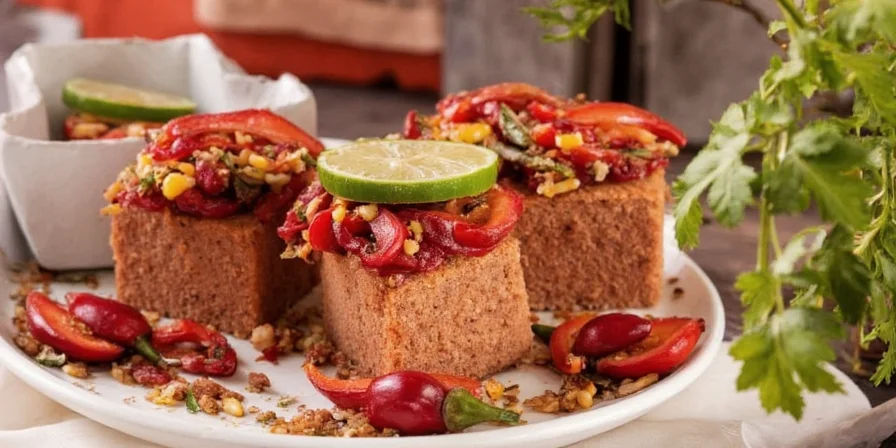

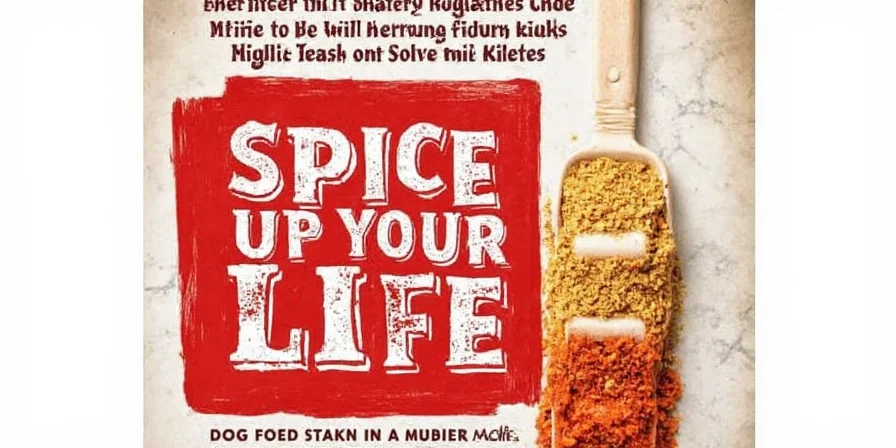









 浙公网安备
33010002000092号
浙公网安备
33010002000092号 浙B2-20120091-4
浙B2-20120091-4